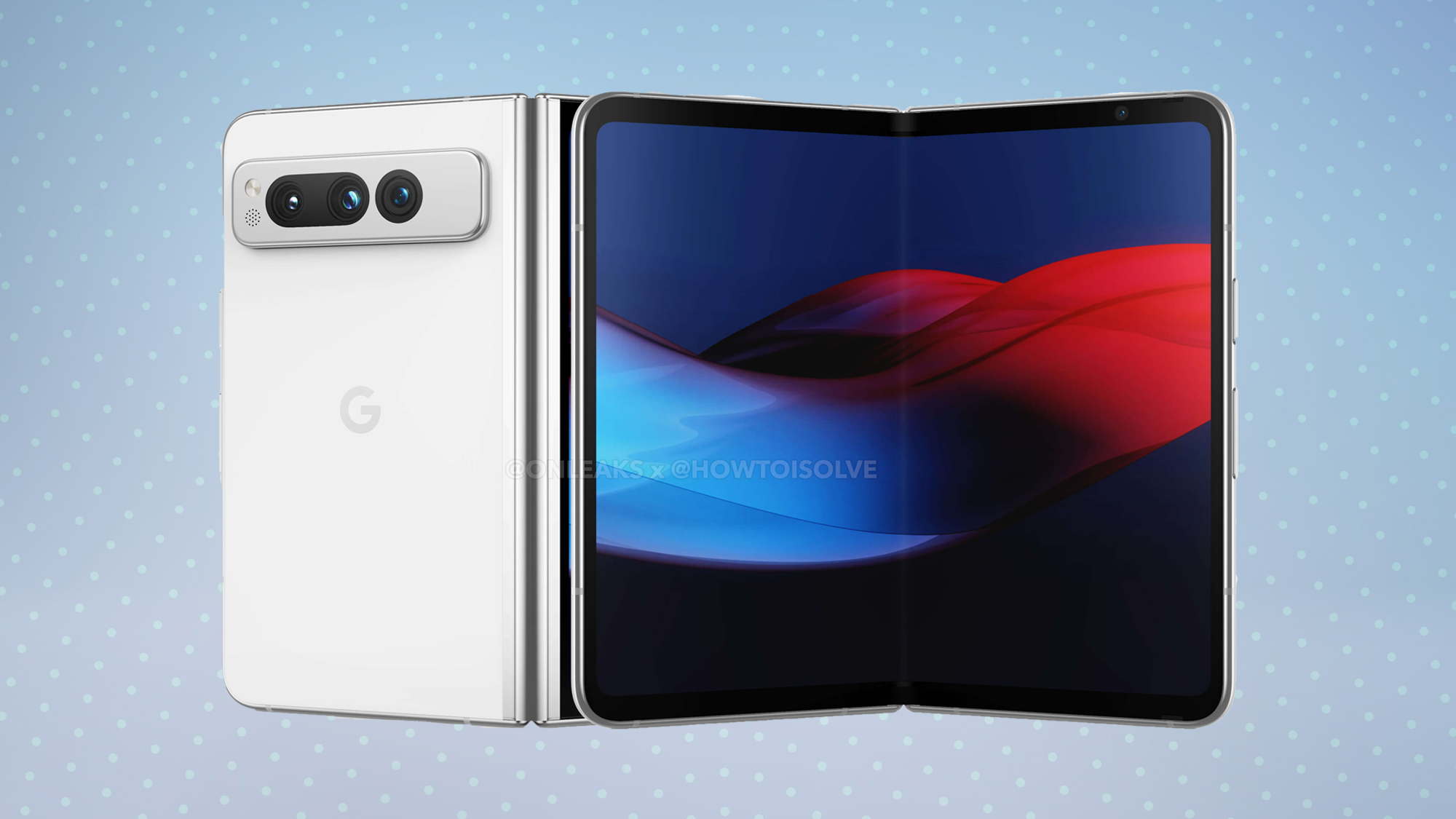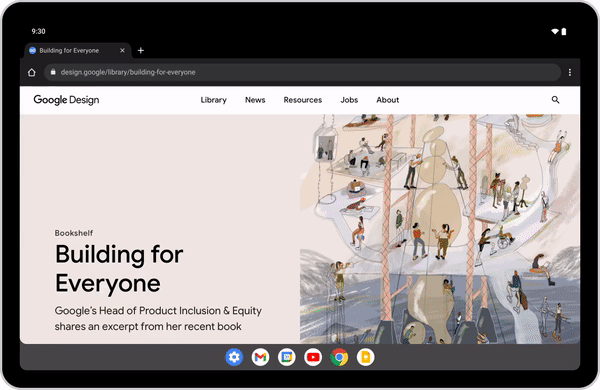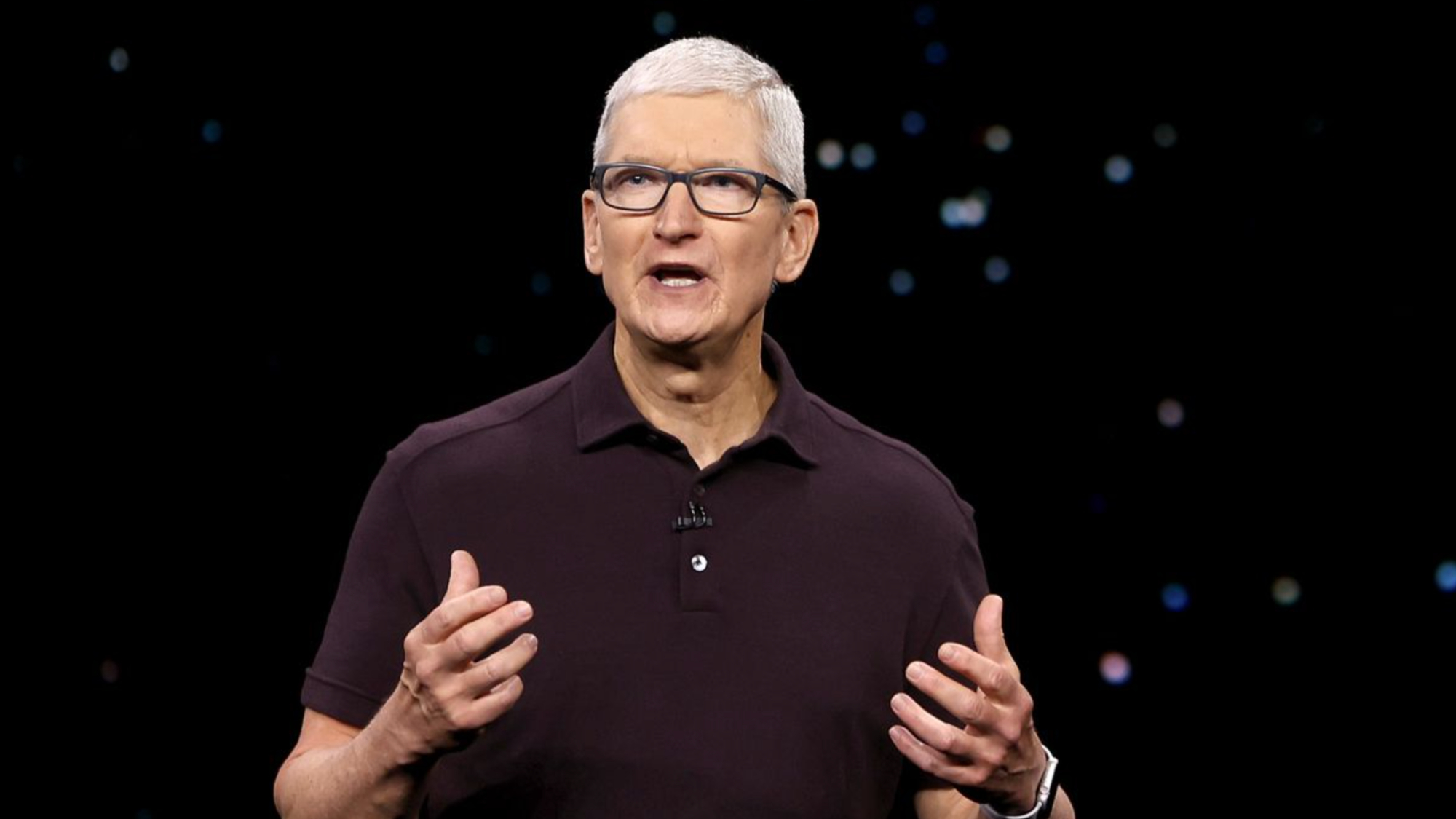The one thing Google Pixel Fold needs to beat Galaxy Z Fold 5
And it's not a low price

Here at Tom’s Guide our expert editors are committed to bringing you the best news, reviews and guides to help you stay informed and ahead of the curve!
You are now subscribed
Your newsletter sign-up was successful
Want to add more newsletters?

Daily (Mon-Sun)
Tom's Guide Daily
Sign up to get the latest updates on all of your favorite content! From cutting-edge tech news and the hottest streaming buzz to unbeatable deals on the best products and in-depth reviews, we’ve got you covered.

Weekly on Thursday
Tom's AI Guide
Be AI savvy with your weekly newsletter summing up all the biggest AI news you need to know. Plus, analysis from our AI editor and tips on how to use the latest AI tools!

Weekly on Friday
Tom's iGuide
Unlock the vast world of Apple news straight to your inbox. With coverage on everything from exciting product launches to essential software updates, this is your go-to source for the latest updates on all the best Apple content.

Weekly on Monday
Tom's Streaming Guide
Our weekly newsletter is expertly crafted to immerse you in the world of streaming. Stay updated on the latest releases and our top recommendations across your favorite streaming platforms.
Join the club
Get full access to premium articles, exclusive features and a growing list of member rewards.
It's taken a while, but now it looks like Google I/O 2023 will be the date we finally meet the Google Pixel Fold. And Google has a lot it needs to get right if it wants to top our best foldable phone list and beat the upcoming Samsung Galaxy Z Fold 5, expected to launch this summer.
Google's long-rumored foldable has great potential to be a top-quality device, especially when it comes to combining features that other foldables haven't been able to gather together so far. But if Google really wants to fight the Galaxy Z Fold 5, it will need more than a slick design, excellent cameras and an attractive price. Google needs to nail the software.
The importance of software
Lacking software abilities won't ruin a foldable in the same way a dodgy hinge would, but it can certainly prevent otherwise excellent flexible phones from shining. It's something I found while trying the recently launched Honor Magic Vs. While its hardware is very impressive, Honor's done little to make the most of the foldable's design with its MagicOS version of Android 13. About the best you can manage is two-app split-screen, and even that's not made super obvious because you have to swipe and hold to show available split-screen apps.
Software features should theoretically be Google's strongest suit, given the company's history. While more recent Pixels like the Pixel 7 Pro have either met and exceeded the hardware of their rivals, even early Pixels shone thanks to their well put-together version of Android.
With rumors of Google picking out top-quality components, like displays, for the Pixel Fold, it shouldn't have an issue matching up to rivals like the Galaxy Z Fold series on a specs sheet. But what will likely make a key difference is ensuring that users can do things on the Pixel Fold that they couldn't do on a normal Pixel, or even other foldable phones.
What we want to see from the Pixel Fold

The Galaxy Z Fold 4 offers a few neat multitasking abilities that non-folding Galaxy phones can't match. For instance, the Z Fold 4 can split up to three apps across its inner display, as well as offer a wider tablet-style interface for certain apps. There's also its Taskbar, which helps you swap between recently used apps more quickly. Both the taskbar and triple-app split-screen feel like a necessity for the Pixel Fold if it wants to show users it's not only worthwhile adopting a foldable, but adopting a Google-built foldable specifically.
Google could also try to implement an equivalent of Flex mode, Samsung's feature that lets you use apps in unique ways when a foldable's partially open. This doesn't feel essential yet as the vast majority of apps are not fully compatible with part-folded displays, but that would be a good extra to have.
Get instant access to breaking news, the hottest reviews, great deals and helpful tips.
If Google really wanted to beat Samsung at its own game, it could add stylus support to the Pixel Fold. This feels unlikely since none of Google's other Pixel devices have used styli since the now-discontinued Pixelbook and Pixel Slate. But there's arguably no better use of the inner display's large size than as a canvas for note-taking, drawing and more.
My only worry about the Pixel Fold's chances when it comes to software is that Google's not shown much interest in developing Android for larger devices. Even with the foldable and tablet-friendly feature additions of Android 12L and Android 13, the standard version of Android is still firmly focused on slate-style phones, though it does offer a taskbar and split-screen multitasking. Google does keep some features just for its own devices, so if it wanted to give the Pixel Fold some special abilities that wouldn't trickle down to rival foldables, that's within its power.
It's only about a month until Google I/O's keynote, and I'm sure it would be interesting to hear about what Android 14's introducing, and how the Pixel 7a could re-take the best cheap phones crown, as we expect to. But any information on the Pixel Fold's software abilities could have the biggest potential consequences; helping a brand new product from the company get a flying start or trip over its laces on arrival.
More from Tom's Guide
- Google Maps is getting four big upgrades — here’s what’s new
- 13 hidden Google Search features everyone needs to know
- Google Bard launches ‘Experiment updates’ — here’s all the new features

Richard is based in London, covering news, reviews and how-tos for phones, tablets, gaming, and whatever else people need advice on. Following on from his MA in Magazine Journalism at the University of Sheffield, he's also written for WIRED U.K., The Register and Creative Bloq. When not at work, he's likely thinking about how to brew the perfect cup of specialty coffee.
 Club Benefits
Club Benefits










